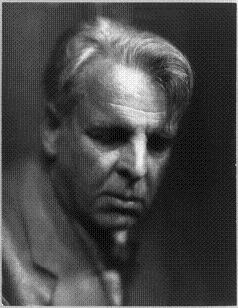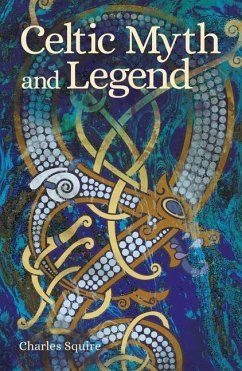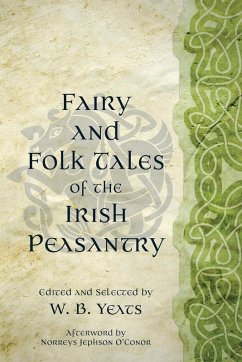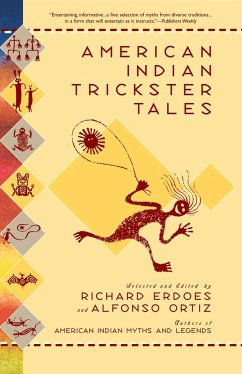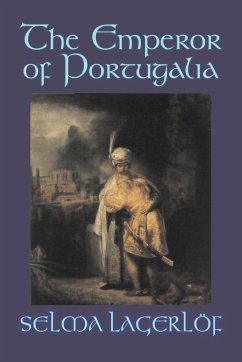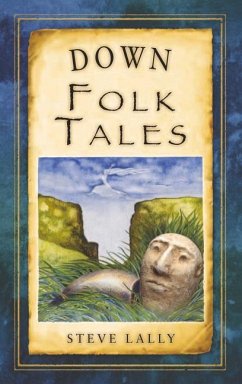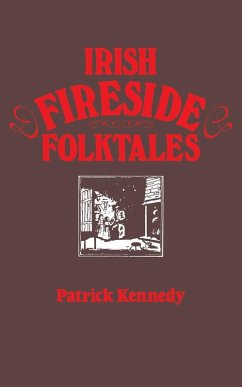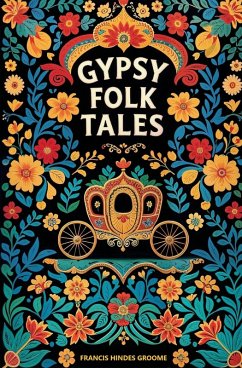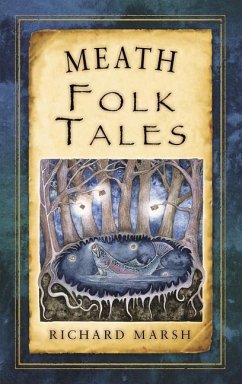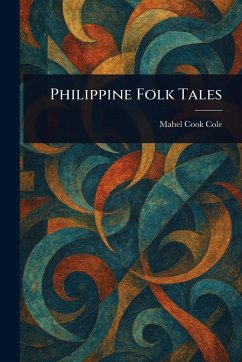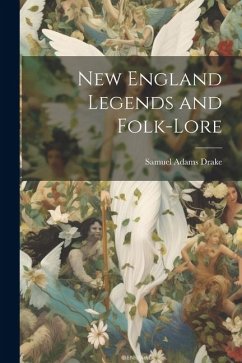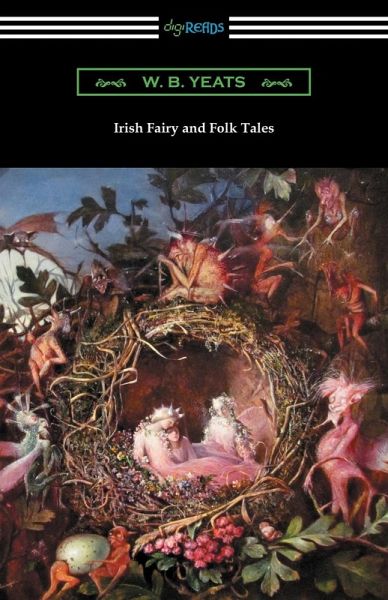
Irish Fairy and Folk Tales
Versandkostenfrei!
Versandfertig in 1-2 Wochen
14,99 €
inkl. MwSt.
Weitere Ausgaben:

PAYBACK Punkte
7 °P sammeln!
Born and educated in Dublin, Ireland, William Butler Yeats discovered early in his literary career a fascination with Irish folklore and the occult. Later awarded the Nobel Prize for Literature in 1923, Yeats produced a vast collection of stories, songs, and poetry of Ireland’s historical and legendary past. These writings helped secure for Yeats recognition as a leading proponent of Irish nationalism and Irish cultural independence. Originally published in two separate books near the end of the nineteenth century, "Irish Fairy and Folk Tales" have preserved a rich and charming heritage in a...
Born and educated in Dublin, Ireland, William Butler Yeats discovered early in his literary career a fascination with Irish folklore and the occult. Later awarded the Nobel Prize for Literature in 1923, Yeats produced a vast collection of stories, songs, and poetry of Ireland’s historical and legendary past. These writings helped secure for Yeats recognition as a leading proponent of Irish nationalism and Irish cultural independence. Originally published in two separate books near the end of the nineteenth century, "Irish Fairy and Folk Tales" have preserved a rich and charming heritage in an authentic Irish voice. In this volume, extraordinary characters of Irish myth are brought to life through the brilliant poetic voice of W. B. Yeats. These legendary stories of capricious Trooping Fairies, the frightful Banshee, Kings and Queens, Giants, Devils and the ever popular Leprechaun will delight and entertain readers of all ages. This edition is printed on premium acid-free paper.





